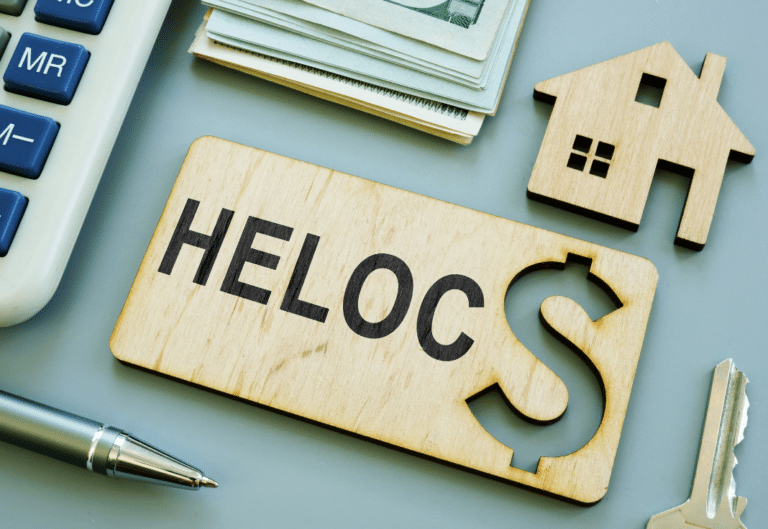Did you know that when you own a rental property, you are basically in charge of your own small business? And as you know, as a “business owner” of sorts, you are entitled to tax deductions. Primarily, there are ten big ones that you can use to lower your annual rental income for the purpose of income tax.
Mortgage Interest
Any mortgage interest you have from a rental property can be reported in Schedule E, Supplemental Income and Loss. This is the same as you would do with your mortgage interest on your primary residence which you report in Schedule A of the income tax return.
Real Estate Taxes
These are business expenses of your property… record them.
Utilities paid by the Landlord
If you (as the Landlord) are paying utilities directly on your rental property, these are also deductible for tax purposes.
Insurance
Any insurance you have on the property (homeowners, flood, earthquake, etc.) can also be deducted.
Repairs and Maintenance
Capital improvements will inevitably be made to your property over time. For example, maintenance costs such as lawn service or pest control, as well as major repairs such as roof replacement. Capital improvements must be depreciated, but these are also tax-deductible.
Homeowners Association Dues
If your property is located in a community that has an association or a common fee associated with the location of the property… that too is a business expense.
Depreciation
Of course, depreciation can inadvertently eliminate actual profit on a rental property. Although a rental property makes money for you, depreciation factored in as an expense can cut a major chunk out of your profit, altogether lowering your bottom line significantly. The small perk – it’s a tax write-off.
Management and/or Broker Fees
If you have a property manager who collects a fee for the service of managing your property – this is a fully deductible business expense.
Your Travel Expenses
You will most often have to make at least a few trips between your personal abode and your rental home. Did you know that the IRS allowance for mileage is 55.5 cents per mile? (This number fluctuates – so make sure to check online. Any expenses associated with your travel to and from are deductible.
Incidental Business Expenses
Any additional general business expenses (bank account fees, home office, postage, etc.) can also be deducted as a net loss.
Also, check out! Landlords, it’s Tax Time Again. Top 5 Tips to Make the Most of Your Investment Property











